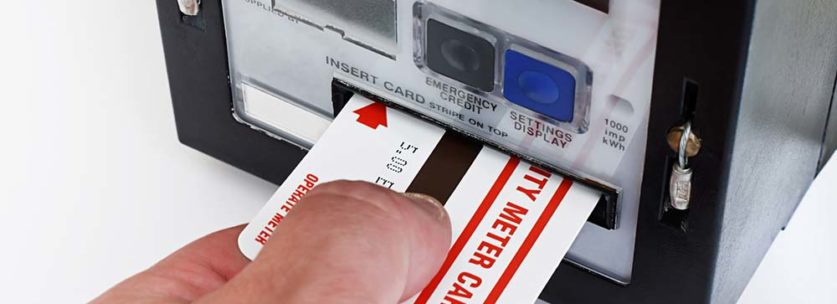
Energy regulator Ofgem has raised concerns over energy companies allowing their customers to fall into massive debt.
Big Six energy firm Npower has been accused of allowing its customers to fall as far as £1,600 in debt on their energy bills before intervening to help them repay it.
Ofgem also raised concerns over the level of debt customers were able to accrue with smaller energy companies such as Utility Warehouse, Ecotricity, iSupplyEnergy, and First Utility. These firms were doing nothing as their customers racked up an average of £800 of debt for electricity, while some extreme cases even saw energy debts of over £1,000. Ofgem has said that it has seen some improvements from energy suppliers. More customers with debts of less than £100 have been able repay them, reducing the overall number of people in debt. But while the number of people in debt has fallen, the average size of each debt has grown, prompting Ofgem to call for more to be done to protect those few vulnerable customers with massive debts.
The energy watchdog accused small and medium suppliers in particular of being ill-equipped to prevent debt build-up, which was occasionally due to problems beyond the control of the customer, such as inaccurate billing and problems with billing systems.
“All suppliers must be aware of their obligations, anticipate the challenges they may face from the start, and have adequate systems in place to support financially vulnerable customers,” Ofgem wrote. This is essential to avoid creating or exacerbating existing vulnerable situations.”
“When suppliers let big debts accrue, it’s a sign that they’re not spotting debt or stepping in early enough to help customers who are struggling to pay bills,” said Rachel Fletcher, Ofgem’s senior partner for Consumers and Competition. “Paying off energy bills is a major concern for many customers in vulnerable situations. We want the industry to demonstrate that it is identifying and supporting these customers in a timely way. We will be monitoring suppliers to make sure they make long-term improvements on bringing down debt.”
The last five years have seen a worrying trend of customers spiralling further into debt before their energy suppliers intervene, as currently there is no regulatory limit on allowable levels of debt. Across the industry in 2016, the average electricity debt increased by 7% to £628, and by 5% to £622 for gas. However, in 2016, the number of people in energy debt fell to the lowest levels since records began in 2006. Last year 1.2 million people were in debt for electricity bills, and nearly 1 million for gas.
An Npower spokeswoman said: “Npower is committed to helping its most vulnerable customers and we go above and beyond our regulatory obligations to provide assistance to those who need it most.”
Gillian Guy, chief executive of Citizens Advice, said: “After a decade of low wage growth, people’s wages are now falling, whilst the cost of essentials like gas and electricity are rising. The most expensive tariffs have gone up by £89 on average in the last year.”
Recognising the urgency of the situation, Theresa May promised to put a price cap on energy bills, however, it is unlikely to take effect until 2018, To counter this and help struggling households from overpaying during the winter, before the cap comes into effect, Ofgem has implemented a more limited price cap for about one million vulnerable households, which will help them save on average over £120 a year. About 4m vulnerable households in the UK have had their energy bills capped since April, with an additional 1m to benefit from February next year.




